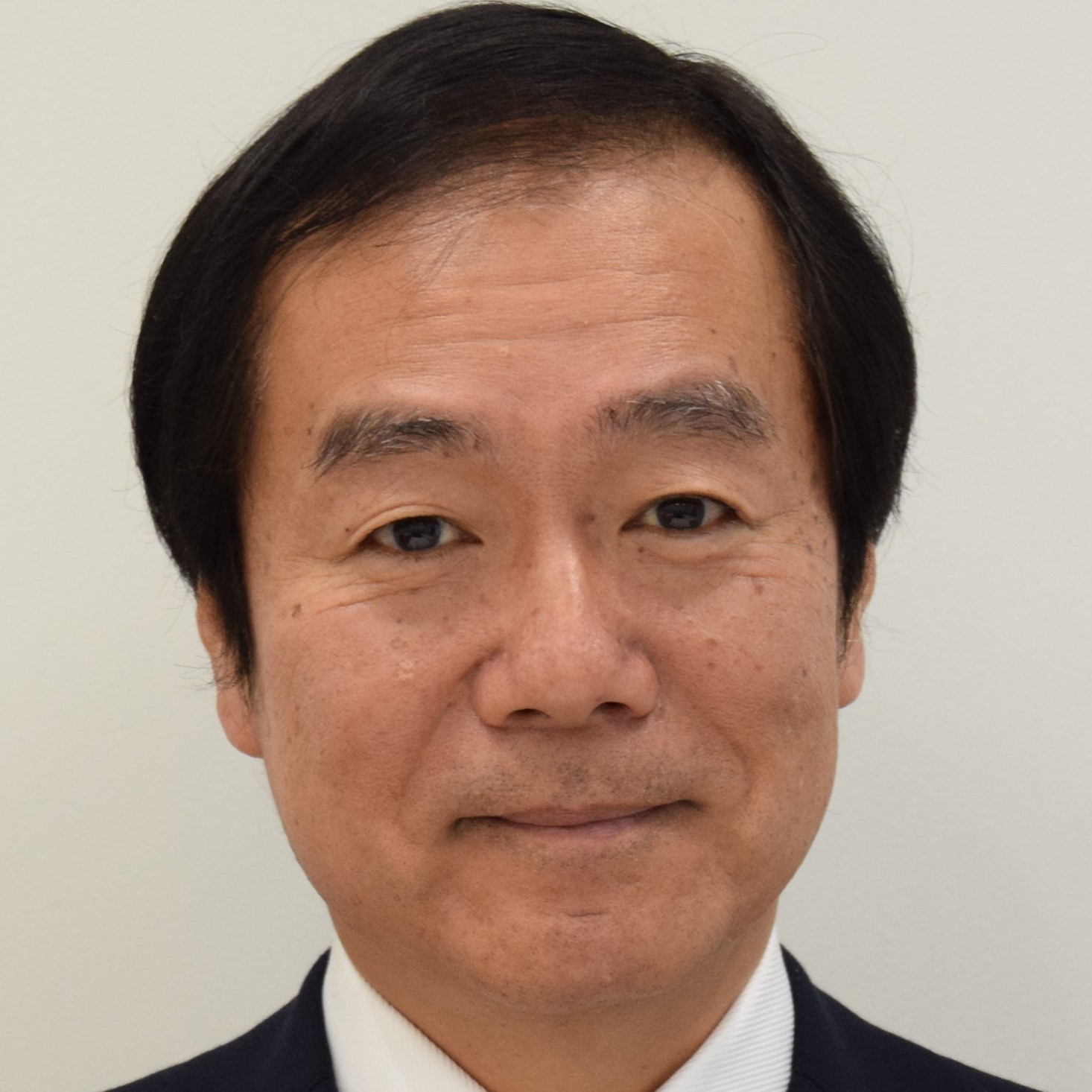Speaker
Dr. Hide SAKAGUCHI
President, OPRI-SPF
| 15:00 JST | Opening Remarks Dr. Hide SAKAGUCHI (President, OPRI-SPF) Presentation Prof. Nicolas MAKRIS (Massachusetts Institute of Technology) Prof. Purnima Ratilal MAKRIS (Northeastern University) |
| 16:00 JST | Panel "Application of Ultra-Wide Area Fisheries Resource Monitoring Technology" Prof. Nicolas MAKRIS (Massachusetts Institute of Technology) Prof. Purnima Ratilal MAKRIS (Northeastern University) Prof. Yoshiki MATSUSHITA (Nagasaki University) Dr. Tomonari AKAMATSU (Director, Division of Ocean Policy Research, OPRI-SPF) (Moderator) |
| 17:00 JST | Closing |
| ***The time and contents are subject to change. |

President, OPRI-SPF

Massachusetts Institute of Technology

Northeastern University

Nagasaki University

Director, Division of Ocean Policy Research, OPRI-SPF